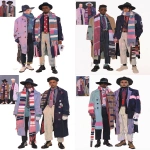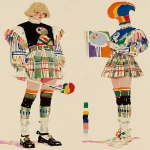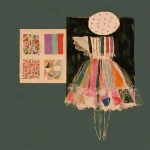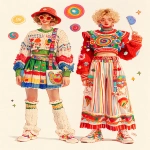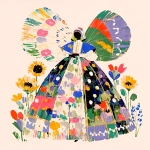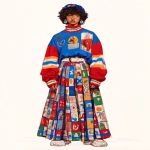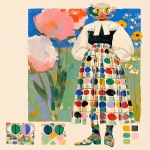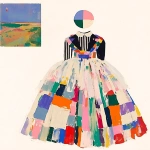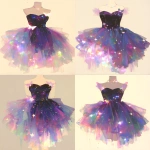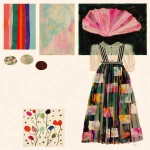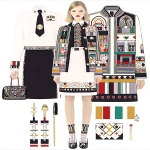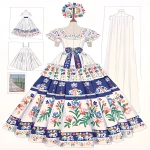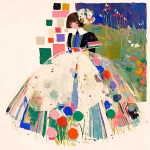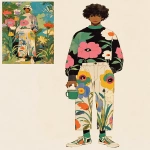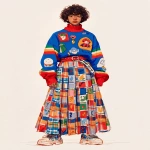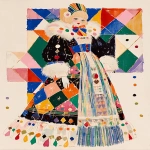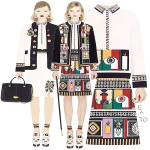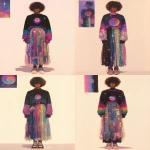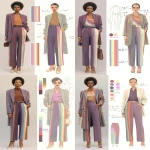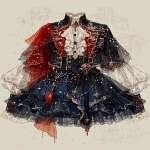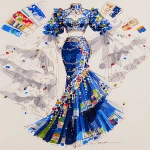Explore the Best AI Image Gallery

Painted Pixels: How AI Images Are Redefining Marketing Creativity
The marketing landscape is undergoing a seismic shift, fueled by the rise of artificial intelligence (AI). Among the most intriguing developments is the emergence of AI image generation, a technology capable of creating stunning visuals at an unprecedented speed and scale. This revolutionary tool is poised to redefine how marketers approach content creation, offering exciting possibilities while simultaneously raising ethical concerns.
A Canvas Unleashed: The Potential of AI in Marketing
AI image generators leverage deep learning algorithms to analyze massive datasets of images, learning patterns and styles to produce original artwork. For marketers, this presents a wealth of opportunities:
- Content Creation on Steroids: Imagine crafting eye-catching social media posts, website banners, product mockups, and even advertising campaigns with just a few text prompts. AI can generate diverse visuals tailored to specific brand aesthetics and target audiences, accelerating the content creation process.
- Personalized Experiences: AI can create unique images based on user data and preferences, delivering personalized marketing messages that resonate more deeply. Think dynamic product recommendations or customized email campaigns with visuals that speak directly to individual customer interests.
- Cost-Effective Solutions: Hiring professional designers for every visual need can be expensive. AI image generators offer a cost-effective alternative, freeing up marketing budgets for other initiatives.
Beyond Aesthetics: The Broader Impact on Marketing
The influence of AI extends beyond generating pretty pictures. It has the potential to reshape entire marketing strategies:
- Data-Driven Creativity: By analyzing consumer behavior and market trends, AI can guide creative decisions, ensuring that marketing materials are aligned with audience preferences and campaign goals.
- Enhanced Storytelling: Imagine using AI to create interactive narratives or immersive experiences that engage consumers on a deeper level. Visuals generated by AI can bring stories to life, fostering stronger emotional connections.
- Predictive Analytics: AI can analyze historical data to predict future trends and consumer behavior, allowing marketers to anticipate needs and tailor campaigns accordingly.
Navigating the Ethical Terrain
While the potential benefits are vast, it is crucial to address the ethical considerations surrounding AI image generation:
- Copyright and Ownership: Who owns the rights to AI-generated images? This is a complex legal question that requires careful consideration.
- Bias and Representation: AI algorithms can perpetuate existing biases present in the training data. It is essential to ensure that AI-generated visuals are diverse, inclusive, and representative of different cultures and perspectives.
- Transparency and Accountability: Marketers should be transparent about their use of AI image generation and take responsibility for the ethical implications of these technologies.
The Future of AI Images in Marketing
As AI technology continues to evolve, we can expect even more sophisticated applications in marketing. Imagine:
- Hyper-Personalized Visuals: AI could generate images that adapt in real-time based on individual user preferences and interactions.
- Interactive Marketing Campaigns: AI-powered visuals could become integral parts of immersive brand experiences, engaging consumers in novel ways.
- AI as a Creative Partner: Marketers may collaborate with AI algorithms to generate innovative concepts and push the boundaries of creative expression.
The future of marketing is undeniably intertwined with AI. Embracing this technology responsibly will empower marketers to create compelling content, build stronger connections with consumers, and navigate the evolving digital landscape.



